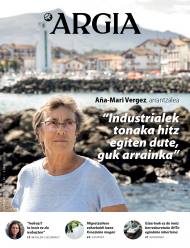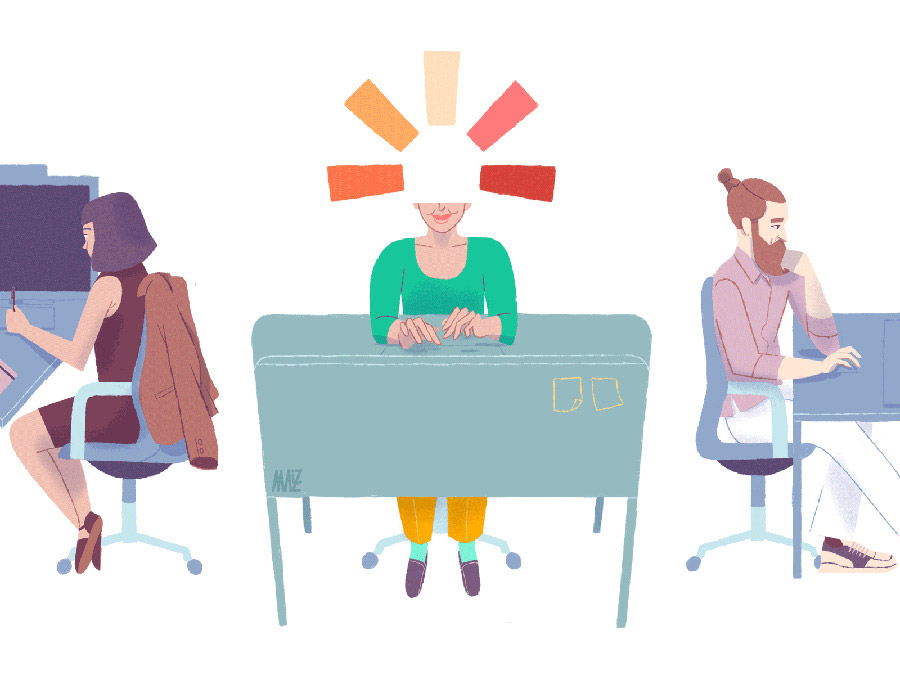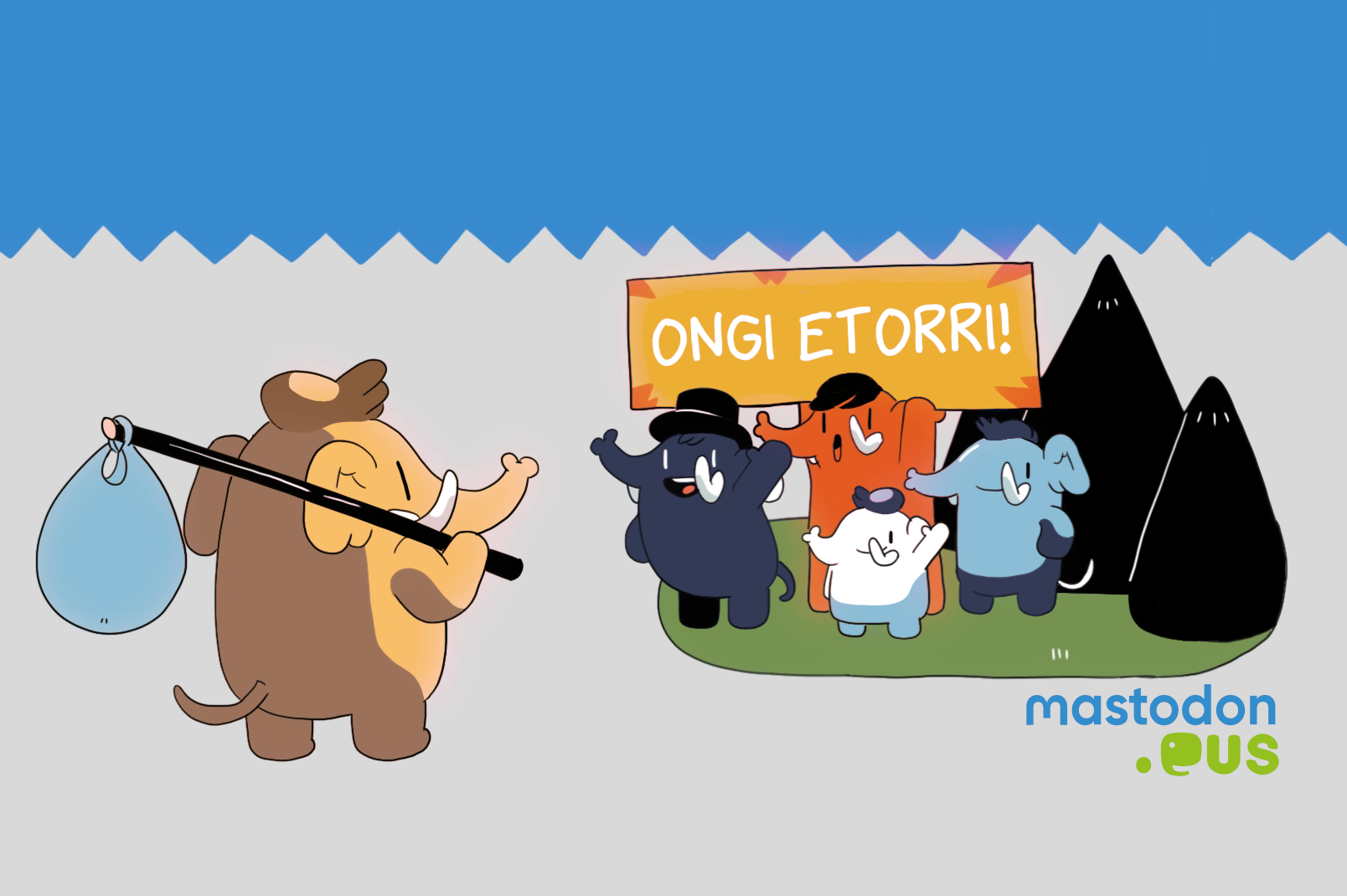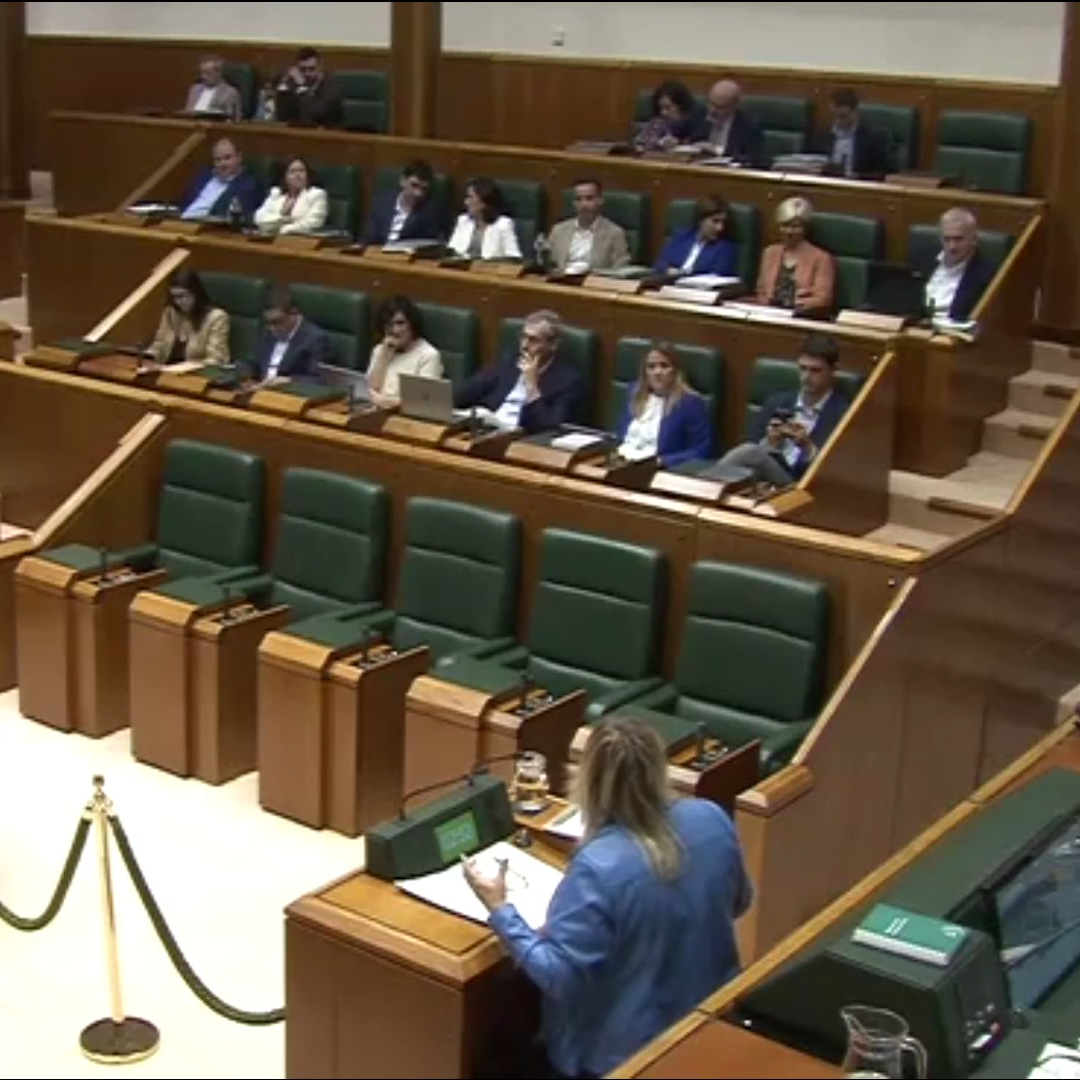Pollution and Sustainable Internet, from like to like
- The San Telmo Museum of San Sebastian will host the 11th edition of the conference on Euskarabildua technology and communication on 28 October, from morning to noon. Nine rapporteurs, both Basque and international, will take part in the meeting, with the following title: “How much does a lique pollute? Towards a Sustainable Internet for everyone.”
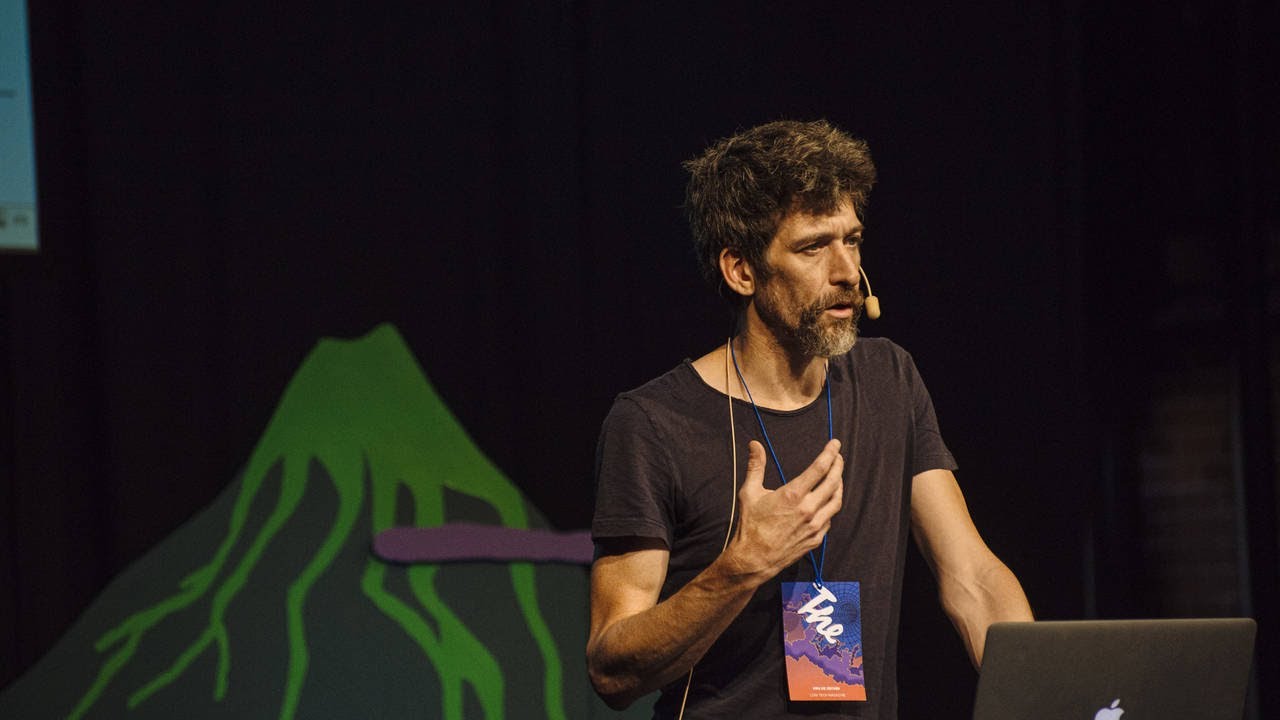
The issue of the climate emergency has been a priority on the political agenda for many years, “one of the greatest challenges mankind has ever faced”, according to the organizers of Euskarabildua. In this respect, this year’s programme aims to shift the concepts of pollution and sustainability to the field of information technology and telecommunications.
“We see the fruits wrapped in plastic in supermarkets and we get altered – rightly so. However, we do not see the ecological influence of the millions of data that we move every second in the network.” As the organizers say, the rapid process of digitalization under way does not allow us to reflect on its sustainability. They also recall that the context of the second decade of the twenty-first century is also characterized by “extreme social inequalities”. Euskarabildua will also offer on 28 October, among other things, a space to reflect on the impact of technological infrastructures in all this. “Beyond the dystopian ends of the world, the possible future desirable” are the topics that will be addressed, above all, focusing on the construction of alternatives.

Order informatics La Jornada
will answer a series of questions in order to offer some main keys. Discussions will focus on “Methologies for building a sustainable Internet”, but also on “pollution from the usual use of the Internet”, the philosophy of “Solar Punk”, the “values of the technologies of the ancestors” or the “relationship between free software and sustainable development”. Beyond the rapporteurs' presentations and the exchange of views, the concrete projects under way will be known: Fair Phone, Onaro and Recilanet.
The speakers
will be in San Sebastian Sandra Pérez, member of the communication group Iametza, Belgian author of the magazine Low-tech Magazine, Kris De Decker, member of the association of Guatemalan cyberfeminists March Momentanea, founder of the collective Spideralex Donestech and member of the Beñat Irasuegi Talaios Cooperative. FairPhone, Onaro and Recyclanet projects will be presented by Iratxe Acha, Xabier Igartua and Ivan González, respectively.
Kris de Decker will offer a conference entitled “How (not)
to build a solar powered internet” or “How (not) to build the Internet with solar power”. In addition to the issue of Low-tech Magazine, the author is responsible for providing solar energy to the Internet server that supports its publication. He has published several articles from the Lancaster University’s Demand Centre, “analysing energy demand in relation to social practices.” It has also promoted the Human Power Plant project, an artistic project that analyzes the possibilities of human energy production. Prior to the creation of Low-tech Magazine in 2007, he participated in various media on science and technology as an autonomous journalist. He currently lives in Barcelona (Catalan Countries) and advances some aspects of the topic he will discuss in the colloquium.
Internet pollution, according to De
Decker, is very difficult to accurately measure the impact of network activity on the environment, as the Internet is a “complex architecture of rapid evolution”. Consequently, it is common in research that results are outdated once calculations are extracted. However, De Decker stressed that “an estimate can be made of all the energy used by the machines that make up the Internet” and, by the way, of the “energy that has been necessary to produce these machines”.
When integrating renewable energy sources in IT with solar energy, De
Decker aims to warn about “the huge impact of web design on the use of energy on the Internet.” He says that what is important is not the origin of energy, but “limiting energy consumption.” In this sense, the feeding of the web server with a small photovoltaic panel “requires the design of the website within certain limits”. In his view, that is what is lacking today: to set limits. “There’s nothing to force web designers to build agile websites, because it’s cheap and seemingly infinite energy,” explains the editor of Low-tech Magazine. On the other hand, in the case of conventional websites, it has considered “impossible” for them to be implemented on own servers powered by solar energy. “We have to innovate,” the Belgian concludes.
Emissions reduction is
possible if alternatives based on solar energy stop the tendency to create heavier websites. Change in the energy source does not imply changes if the question of increasing energy demand is not addressed. “Energy and emissions are needed to produce solar panels, batteries, solar charge regulators, servers, etc.,” says De Decker. In this sense, it exposes the philosophy that underpins innovation: “Our solar-powered website reduces emissions, not because it’s powered by solar, but because it’s very light.”
Frontiers Still, De
Decker plans a long way to extend the good use of solar energy. In his view, there are many disputes that go beyond renewable energy servers. “For example, our router doesn’t work with solar power. We’d like to do it, but the internet is the router’s provider and we can’t replace it with another one that consumes less energy,” he said. The same applies to the computer type of users.
It is impossible to talk
about the construction of alternatives in the computer field and not to talk about free software. De Decker is very mindful of the importance of open source software and is confident of its ability to reduce energy use. Today, computer hardware ages “immediately”, “due to new, heavier software,” according to De Decker. Discuss the Microsoft Windows case to explain the process with the following example: “(Microsoft) Stop providing technical assistance to old operating systems on a regular basis and oblige customers to update the latest ones.” New operating systems, for their part, consume more resources and need new computers to function properly. Broadening the use of open source software, according to the maker’s forecasts, would be a step in the opposite direction, slowing down the process of hardware obsolescence. He adds that “fewer renewable energy sources should be used to produce all these machines”.
Feasibility Many
consider it impossible to build large-scale renewable energies. De Decker has no doubt: “Technically, these projects are more realistic than all high-tech alternatives, because they are cheaper and need less energy and less materials.” The challenge, therefore, for the creator would be: “Motivating people with the Internet that isn’t always online.”
Registration
It is necessary that all people interested in participating in the Basque Country sign up beforehand. It is totally free, the deadline is open and can be done on the website itself www.euskarabildua.eus.
Euskal Herriko bi muturretatik datoz Itziar (Bilbo, 1982) eta Ekaitz (Erriberri, 2002), sortzen ari den Burujabetzaren Aldeko Mugimenduaren berri ematera. Euskal Herrian diren burujabetza prozesu ugariak arloz arlo bultzatu eta indartu nahi ditu BAMek. Lan horretan hasteko,... [+]
I've done a quick analysis of the technology forecasts for 2025. Like every year, when you talk about what technology is going to bring to the media in 2025, the discourse is very similar. Many of us who write about technology have the anxiety of knowing more than it's going to... [+]
The evolution that the Internet has taken over the last 15 years, together with its technological and business model, makes us think that it is a tool to increase the worst aspects of humanity. Around the world, agents have been created that are not satisfied with this idea... [+]
In spaces like the X, today, we will have to recognize that it is impossible to have a public debate and a cultural struggle. In this sense, a mistake is that political projects that intend to lead a leftist change leave platforms like X to make the leap to social networks that... [+]









